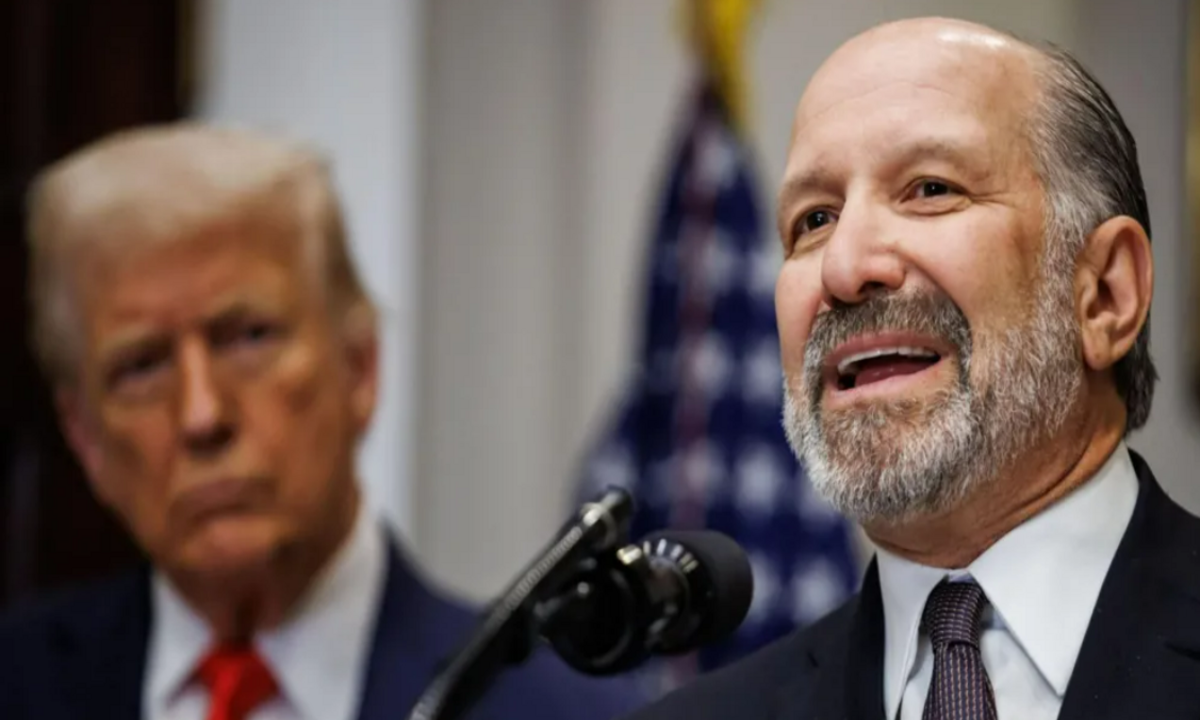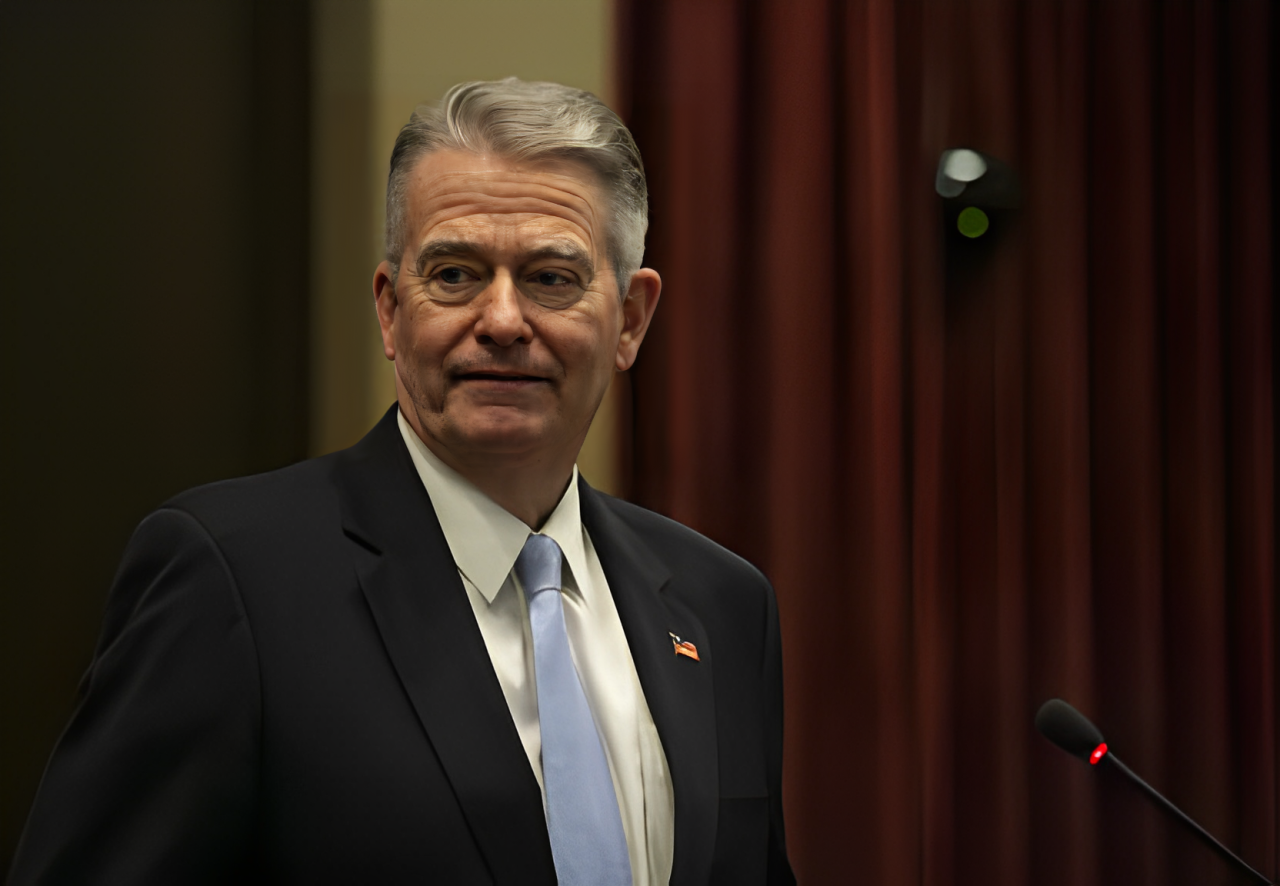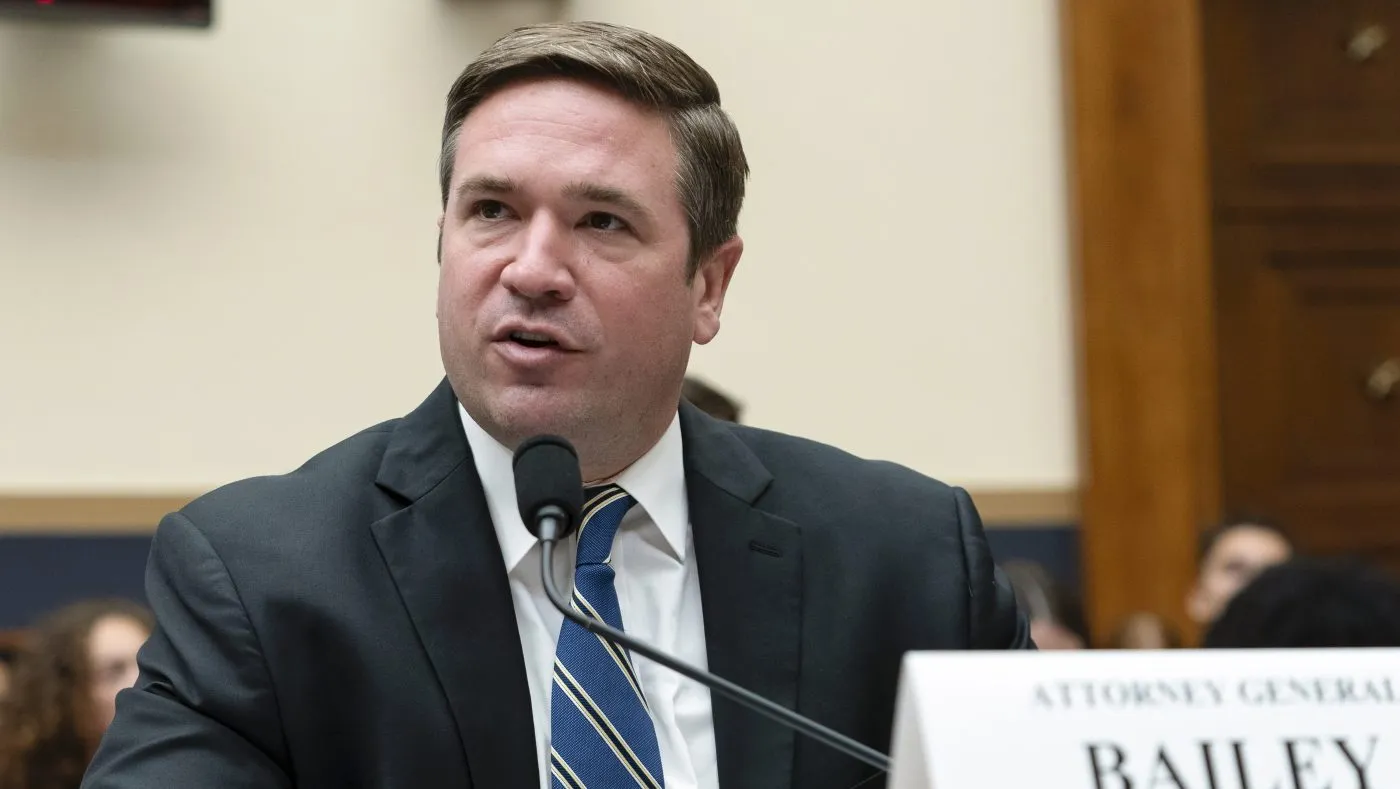U.S. Commerce Secretary Howard Lutnick has indicated that President Donald Trump may announce a reduction in the 25% tariffs imposed on imports from Canada and Mexico as early as Wednesday.
This development follows ongoing discussions aimed at addressing the flow of synthetic opioids, particularly fentanyl, into the United States.
Lutnick revealed that both Canadian and Mexican officials have been actively engaged in negotiations to enhance their efforts in curbing the influx of fentanyl. He stated, “Both the Canadians and Mexicans were on the phone with me all day today trying to show that they’ll do better.” This suggests a collaborative approach to tackling the opioid crisis, which has been a significant concern for the U.S. administration.
The potential tariff reduction is expected to benefit industries that comply with the United States-Mexico-Canada Agreement’s (USMCA) rules of origin, notably the automotive sector. Automakers adhering to these regulations could receive 30-day exemptions, contingent upon their investments in U.S. auto production. This move aims to alleviate the increased costs faced by manufacturers importing parts and vehicles from Canada and Mexico due to the existing tariffs.
However, Lutnick emphasized that any tariff relief would be conditional, requiring tangible commitments from both nations to bolster their efforts against drug trafficking. He mentioned that President Trump seeks a balanced solution, stating that the President is likely to “figure out, ‘you do more, and I’ll meet you in the middle some way.'” This underscores the administration’s strategy of leveraging trade policies to achieve broader security objectives.
In contrast, the administration’s stance on China remains firm. Lutnick clarified that a similar easing of tariffs is unlikely for China, citing ongoing concerns about the country’s role in subsidizing fentanyl production. This distinction highlights the administration’s targeted approach in addressing the sources contributing to the opioid epidemic.
The prospect of reduced tariffs has had an immediate impact on financial markets. Futures for Canada’s main stock index rose on Wednesday after two days of decline, influenced by news that the Trump administration is considering reducing tariffs on Canadian and Mexican imports. By 6:32 a.m. ET, S&P/TSX index futures for March had increased by 0.43%. The Toronto Stock Exchange’s S&P/TSX composite index fell by 1.7% on Tuesday, closing at 24,572, marking significant losses since December 18.
Despite these developments, some officials have expressed surprise over the potential tariff reductions. Canada’s Minister of Foreign Affairs, Mélanie Joly, stated that her office had not been contacted about the plan, indicating a possible gap in communication between the nations.
The initial imposition of the 25% tariffs led to retaliatory measures from both Canada and Mexico, escalating trade tensions in the region. Canada, for instance, sought consultations with the U.S. at the World Trade Organization, challenging the tariffs. The proposed tariff reductions could signal a de-escalation of these disputes, fostering a more cooperative economic environment.
President Trump’s recent address to Congress shed light on his administration’s trade policies. While he defended the necessity of tariffs, he also predicted a temporary adjustment period for the economy. The President emphasized the need for security and proposed an ambitious missile defense system inspired by Israel’s Iron Dome. He also highlighted ongoing negotiations for peace in Ukraine and announced the capture of a key terrorist involved in a deadly Kabul attack.
In summary, the potential reduction of tariffs on Canadian and Mexican imports reflects a strategic move by the Trump administration to address pressing issues like the opioid crisis while balancing economic interests. As discussions progress, stakeholders across North America are closely monitoring the outcomes, anticipating a possible easing of trade tensions and a renewed focus on collaborative solutions to shared challenges.
Disclaimer—Our team has checked this article to ensure its accuracy and eliminate any misinformation. We are committed to providing clear and reliable information for our readers.



